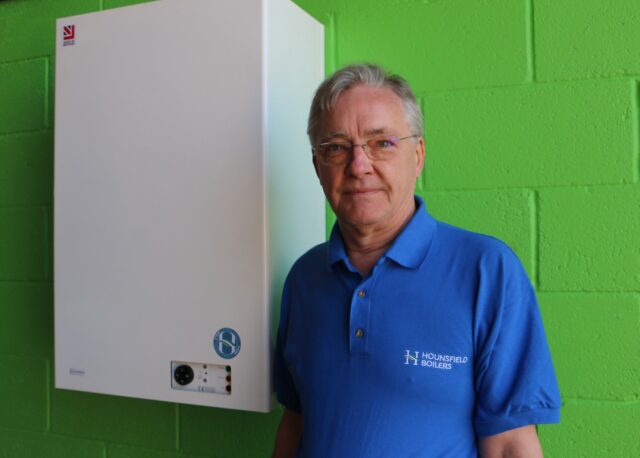Of all the appliances in your home, the boiler is undoubtedly the most energy-hungry. The average household boiler in the UK is rated at around 35 kilowatts. Even if it’s running for a few hours a day, the bills can quickly stack up. Other appliances might use thousands of kWh every year; your boiler might use more than a hundred times as much! This applies especially during the current energy crisis, during which we’ve paid more per kilowatt hour than ever before.
Why does boiler efficiency matter?
Given all of this, the efficiency with which our boiler can turn gas (or electricity) into heat energy is paramount. An inefficient boiler might take much longer to heat water to the desired temperature. Moreover, it might lack many of the technical features that help a modern combi boiler achieve its results.
How often should I check the boiler?
An annual service will help your boiler to stay in optimal condition. This might actually be a requirement of your boiler’s warranty. Get the paperwork done every time your plumber performs the service, and keep it all in a safe place.
There are also a few basic checks that you can perform yourself, provided that you have the appropriate plumbing and heating equipment. In larger properties, for example, it might be a good idea to install new pumps, or magnetic filters.
Insulation
If your boiler is generating heat that’s being quickly lost because of a lack of insulation, then it will have to work much harder to keep the living space comfortable. This means that you’ll end up paying more. Pipe insulation will help to protect pipes that are running through cold spaces like lofts – and cavity wall and loft insulation will do the work of keeping warmth inside the building by slowing the transmission of heat through to the exterior.
Bleeding radiators
When water is pumped around your heating system, it’ll contain tiny bubbles of air. When these bubbles find their way into your radiators, they can become trapped – preventing a given section of the radiator from being reached by the hot water. You can fix this with the help of a radiator key. Bleed your radiators by twisting the valve at the top until a little jet of water is released.
Cleaning
When dust is allowed to settle in your radiators, pipes and boilers, it’ll slowly cook over time. This will result in a loss of efficiency, and eventually, failure. Cleaning your boiler is simple: use a can of compressed air, and a miniature vacuum-cleaner with a brush attachment. A few minutes of time here and there might make a big difference to the longevity of these sensitive components in the long-term.




